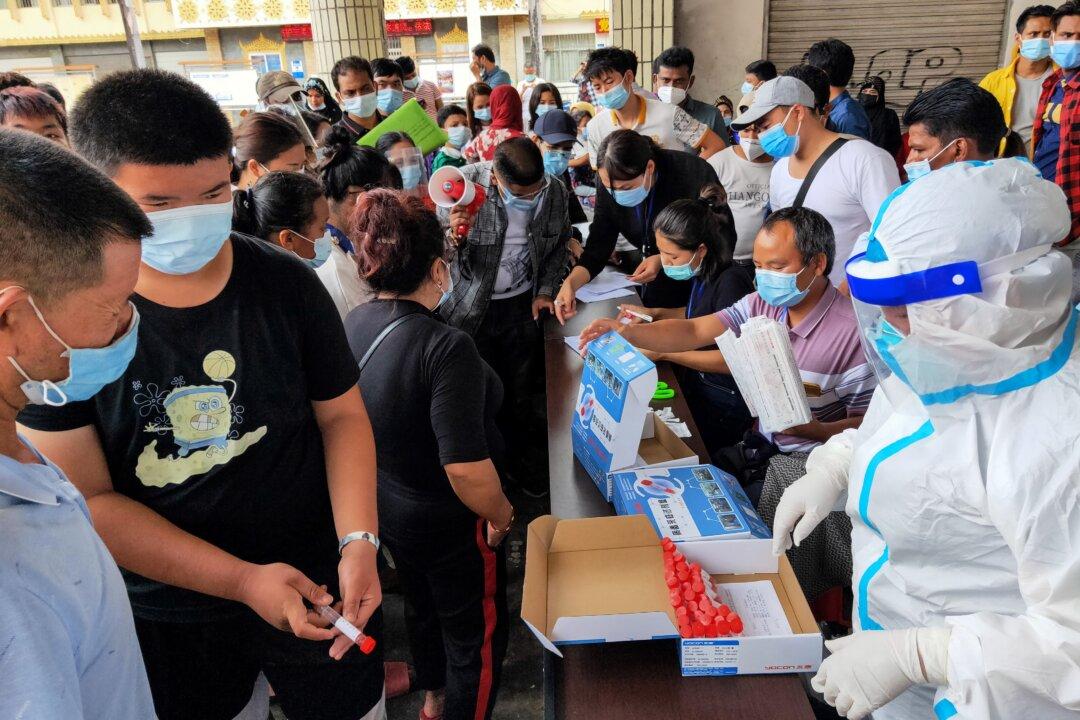The Chinese regime fired party boss Gong Yunzun in southwestern Ruili on April 8 for the city’s continual reports of diagnosed COVID-19 patients.
“[The CCP (Chinese Communist Party) virus outbreak in Ruili] severely impacted and undermined the overall situation of epidemic prevention and control across the country and the province, … has caused serious consequences and adverse effects,” the regime stated in an announcement explaining why it fired Gong.





